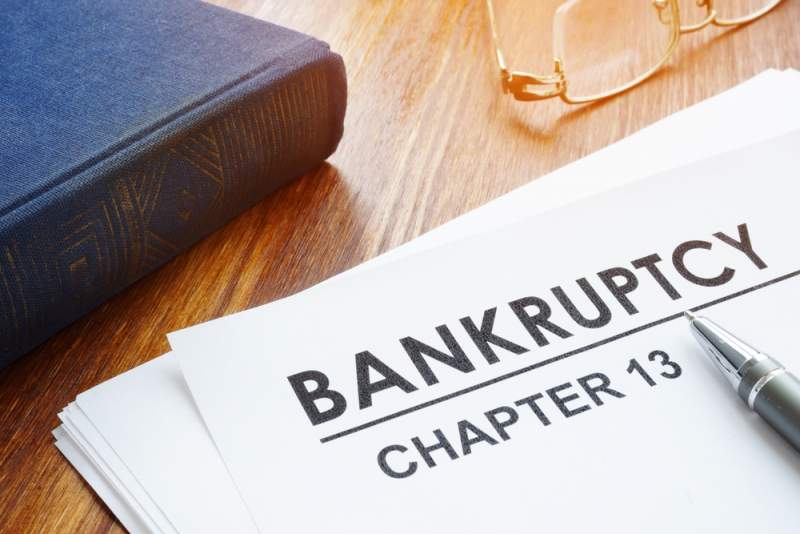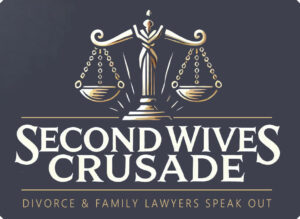Contents
Benefits Of Chapter 13
You must create a 3 to 5 year repayment plan when you file for a Chapter 13 bankruptcy. A Chapter 7 bankruptcy does not take as long to finalize and that is why people tend to prefer it over a Chapter 13. But people who have a regular income and fail the means test often have to file a Chapter 13 because their regular income can be garnished. Talk to an experienced bankruptcy attorney to review your situation and advise you on the type of bankruptcy appropriate for your situation.
A Chapter 13 Bankruptcy Can Save Your Home And Car
You can create a repayment plan that you can afford based on your monthly income and expenses when you file for a Chapter 13 bankruptcy. That means you have more flexibility allowing you to reduce your payments, stretch out your payments and more. A Chapter 13 bankruptcy may also save your home from foreclosure because it allows you to dictate the terms of repayment to the mortgage company.
In other words, you get to keep your house so long as you maintain normal monthly payments to the mortgage company. If you are underwater on a car loan, a Chapter 13 bankruptcy allows you to keep your car and continue making payments for the loan through a repayment plan. In fact, you may be able to reduce the amount owed on your car if you owe more on your car loan than what the car is worth.
Your Debt May Be Discharged
 After the repayment period ends almost all the remaining debt will be discharged as long as you stuck to the repayment plan without defaulting. That means that after the repayment period ends you get to have a fresh start. This is because many people are not able to repay 100 percent of their debt within 5 years. It is simply a great way to get out of debt not just because you get to pay less but also because no further interest will accrue on dischargeable debt once you file a Chapter 13.
After the repayment period ends almost all the remaining debt will be discharged as long as you stuck to the repayment plan without defaulting. That means that after the repayment period ends you get to have a fresh start. This is because many people are not able to repay 100 percent of their debt within 5 years. It is simply a great way to get out of debt not just because you get to pay less but also because no further interest will accrue on dischargeable debt once you file a Chapter 13.
IRS Issues
When you file for Chapter 13 bankruptcy, some taxes can be discharged as unsecured debts. Your taxes may also decrease because you do not pay the IRS interest on that tax. Other things such as tax liens that have been placed on your home can either be crammed down or wiped out entirely. This is determined by the amount of equity you have in that particular property.
Are Your Eligible For A Chapter 13 Bankruptcy?
Visit Bankruptcy Attorney Denver
You are eligible for chapter 13 relief if your unsecured debt is less than $394,725, but the amount can change in the future. You must also have sufficient disposable income which simply means that you still have significant income after subtracting certain allowed expenses. Another requirement is that you must have filed your federal and state income tax returns within the past four years before you filed for bankruptcy. Speak with an experienced bankruptcy attorney to find out the type of bankruptcy that is appropriate for you.
You may also be interested in…
- How Do You Acquire A Copy Of Divorce Decree?
- Commercial Litigation Attorneys
- What Happens If I Runaway At 17?
- What Are Low Income Family Divorce Options?
Houston Business Litigation Lawyer – Walter Law Firm, PC from Teri Walter on Vimeo.


